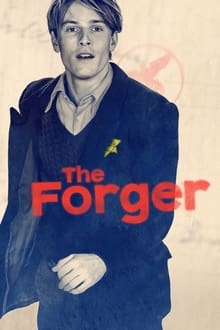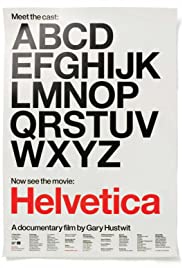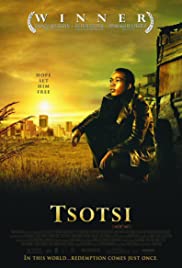Search

Deciding whether to have a child is an emotionally fraught and deeply personal process. Deciding amid increasingly dire warnings about the climate makes it even more paralyzing. The Climate Baby Dilemma is a documentary charting the growing number of young people either refusing to bring a child into an increasingly unstable world or struggling with the ethics of whether they should or not. As the conversation about intimacy and climate change heats up, we meet activists, journalists, parents and prospective parents, ethicists and scientists to unpack this growing trend.

As Hungary’s political climate becomes increasingly radicalized, Virág, a former green politician, loses faith in the democratic parliament of Hungary and retires from politics. She and her musician partner Nóra decide to adopt a child and focus on building a family together. With a sensitive lens and close access, directors Asia Dér and Sári Haragonics follow the two women through their long and ultimately successful adoption process to bring home their young daughter of Roma origins. But tensions begin to rise between the two as Virág thrives in her role as mother and Nóra struggles to find her place within the family. As the rising tides of hate and homophobia in Hungary begin to overflow into their family, their lives hit a boiling point and they must face the difficult decision of whether to leave their country behind.

A high society wedding, bustling city streets, a center for former child soldiers, a nightclub full of music and laughter: these are the many faces of today’s Uganda, as wonderfully captured by filmmaker Kimi Takesue. Whether exploring the pulsating energy of the city or contemplating quiet moments in the country, her artful camera compositions and the lyrical pacing of the film allow us to truly engage and process the foreign land on our own terms. Documenting Uganda while it deals with day-to-day realities and the aftermath of its civil wars, Takesue, well aware of her perspective as an outsider, strives for simple, unadorned honesty. Employing a largely observational style, Takesue allows the sight and sounds-and the people-of Uganda to speak for themselves. Usually the people she records simply ignore the camera, but when someone does engage-whether it’s a group of school children…

Kabir Lal is an alcoholic lawyer whose life is looking as if going down the drain. One morning he sees a stunningly attractive woman on a beach and is instantly enamored by her. By chance he sees her again in a restaurant and offers to buy her a drink. In the process he learns that her name is Sonia and she is married. Unable to resist, he asks her whether she would show him her home. It marks the beginning of a passionate affair, during which Kabir is told that Sonia’s husband neglects her. But Sonia cannot leave him because she cannot support herself without her husband’s money. Sonia suggests murder and Kabir, blind with lust, agrees. They manage to kill Sonia’s husband and make it look like an accident, but then Kabir gets to see Sonia’s other side: she no longer is the passionate lover as before, but is a cool-headed mean woman now who won’t let go of her wealth at any cost.

Jewish aesthete Cioma, 21, does not let anyone take away his joy of life, especially not the Nazis. In 1942, he has to find new ways to make his living in Berlin and escape deportation. In the process he discovers his talent for forgery: not only with passports, but also his own identity.

Helvetica is a feature-length independent film about typography, graphic design and global visual culture. It looks at the proliferation of one typeface (which will celebrate its 50th birthday in 2007) as part of a larger conversation about the way type affects our lives. The film is an exploration of urban spaces in major cities and the type that inhabits them, and a fluid discussion with renowned designers about their work, the creative process, and the choices and aesthetics behind their use of type.

The South African multi-award winning film about a young South African boy from the ghetto named Tsotsi, meaning Gangster. Tsotsi, who left home as a child to get away from helpless parents, finds a baby in the back seat of a car that he has just stolen. He decides that it his responsibility to take care of the baby and in the process learns that maybe the gangster life isn’t the best way.